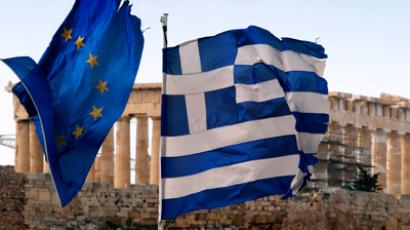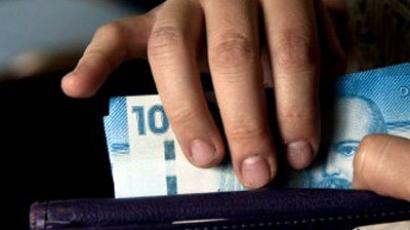Greek default ghost becoming flesh and blood

A default in Greece could be indirectly acknowledged already on Thursday. Should the International Swap and Derivative Association (ISDA) agree to compensate Greek private creditors for €100bln losses, they’ll in fact say the economy is going bust.
If the Association decides it should compensate owners of policies insuring Greek bonds, or Credit Default Swaps (CDS), it’ll in fact recognize that Greece is half a step from a default. A group of private holders of Greek debt insisted on Wednesday that the ISDA closely examines the status of Greek Government bonds. The actual payout to the bond holders could be around $2.36 billion, while the maximum possible sum in the Greek case stands at approximately $3.2 billion, says Reuters, referring to data from the Depository Trust and Clearing Corporation, a U.S. clearing house that tracks CDS contracts and other instruments.A big part of the private creditors who earlier agreed to write off more than 50% of the Greek debt, or about €100 billion, are in fact unhappy they would suffer huge losses, which would reach up to 70% in some cases. On top of that, a lot of speculative funds have recently bought Greek bonds, seeking to receive a pay-off from ISDA. This follows Greece’s downgrade by S&P, that now ranks the country at a “selected default” level.The possible market reaction is unpredictable, as so far there’s no clear understanding of who owns the Greek bonds. And the ECB decision that said it would temporarily stop taking Greek paper as collateral for new credit, also fuelled the flames. “This decision reflects the situation with a Greek rating,” which relates to the start of a bond swap with private investors, the body explained.














